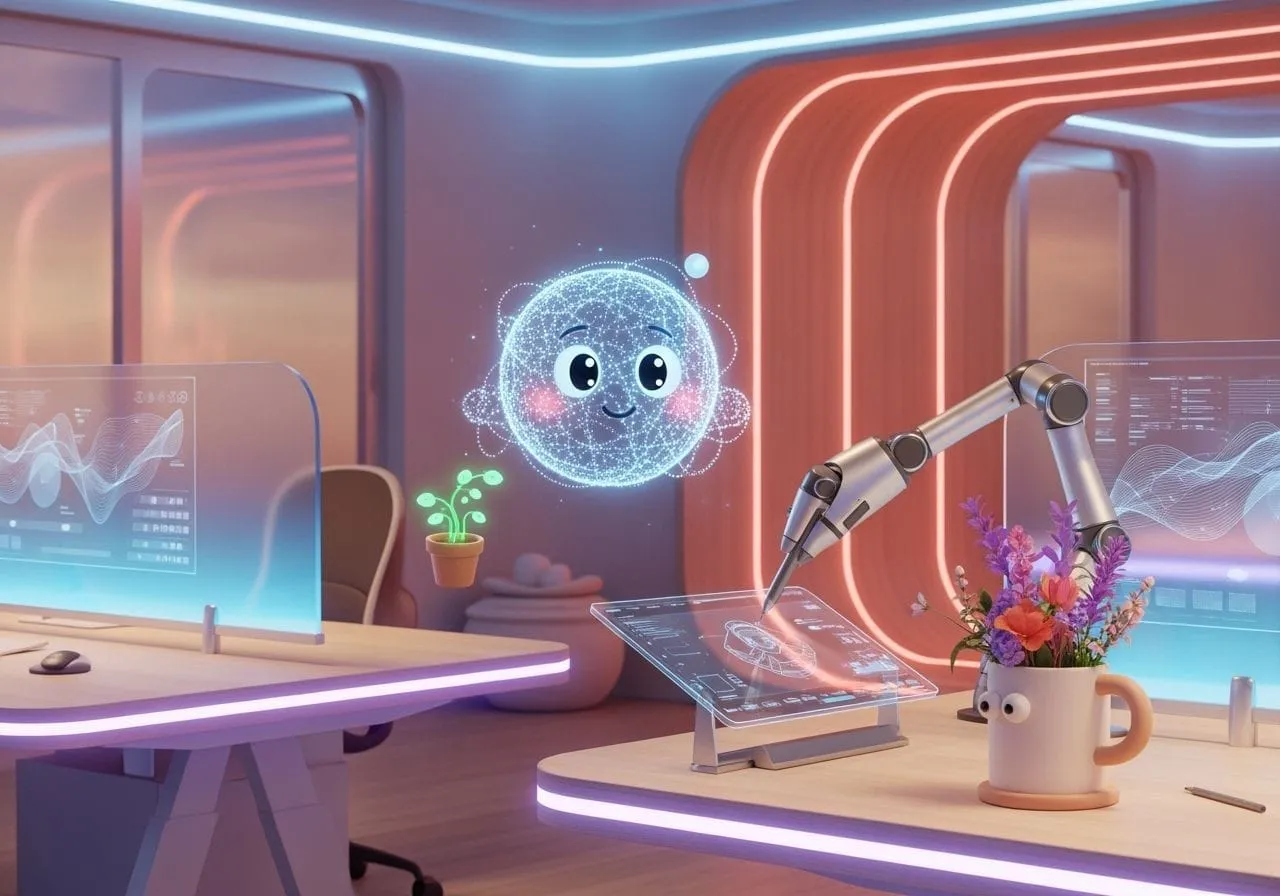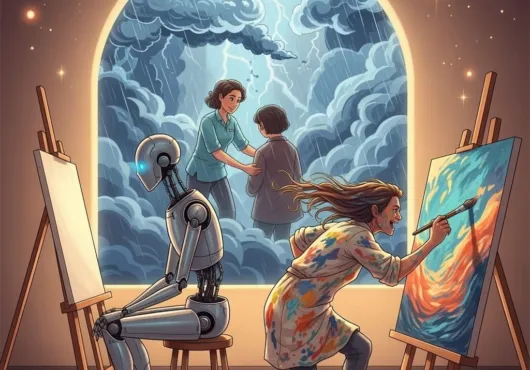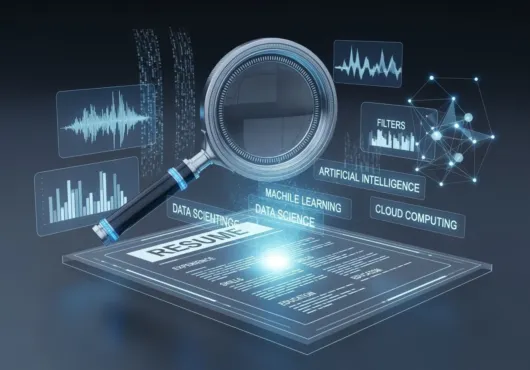AI isn’t just stealing jobs from factory workers—it’s coming for the cushy office roles too. Think “Assistant to the Regional Manager” or “Social Media Guru” are safe? Think again. AI is silently embedding itself into roles that don’t even seem like they’d be touchable. It’s not here to take your job in one swift move; it’s creeping in, optimizing the small stuff until it all adds up. Soon, the job you thought was irreplaceable might have a shiny, algorithm-driven replacement. Better start asking yourself: What happens when AI decides your gig is up?
Like What You Read? Dive Deeper Into AI’s Real Impact.
Keep Reading- AI is quietly taking over office jobs.
- New AI roles are emerging, like emotion optimization.
- Humans must adapt and use AI as a tool, not fear it.
The Silent Infiltration of AI
While we’ve been watching for the big, dramatic “robot takeover” of blue-collar jobs, AI has been slipping into the background of nearly every industry, quietly absorbing the boring stuff. The real danger? It’s not that robots are coming for your job—it’s that they’re already doing it. They’re just so good at it, you don’t even notice.
The Jobs We Didn’t Know Were Gone
AI doesn’t need a flashy press conference to tell you it’s replacing jobs. It just does it. Ever since we started using machine learning to automate customer service, administrative work, and data entry, AI has been quietly snatching job titles like “Customer Support Rep” or “Data Entry Clerk” and erasing them from the map. The change is incremental, so much so that it’s hard to say when the job actually disappeared. One day you look up, and poof! It’s gone, replaced by an algorithm with no lunch breaks, vacation days, or a reason to feel underappreciated.
The New AI Job Titles You’ll Never Hear About
Here’s where the fun begins. These are the new AI-powered positions you won’t be seeing on LinkedIn anytime soon. You know, the ones robots don’t need to talk about because they’re already doing them:
Emotion Optimization Specialist
Someone who knows how to tweak algorithms to better understand, manipulate, or predict human emotions. These aren’t your traditional therapists or PR managers; they’re the new digital puppeteers, making sure AI is playing the right emotional notes on a vast scale.
AI-Driven Personal Shopper
You won’t find this on a business card, but AI is already automating personalized shopping recommendations. It’s a bit more than just algorithms reading your browsing history—it’s creating entire shopping experiences that know what you want before you do. No human salesperson needed.
Virtual Customer Experience Strategist
Instead of hiring a whole team of customer service representatives, businesses can now hire AI to create customer experiences that are tailored in real time. This position is all about designing AI-driven interactions that optimize customer satisfaction without human intervention.
Data Ethics Officer for AI
You’ve heard of Chief Privacy Officers, but now AI companies need people who can manage the ethical implications of AI’s data usage. These officers work with algorithms, ensuring they don’t go rogue in terms of fairness and bias. But what’s the fun part? AI’s already handling most of the data—so these people mostly make sure AI doesn’t blow up in our faces.
AI Concierge for the Metaverse
In the brave new world of virtual reality, you’ll find jobs that don’t even exist in the physical world anymore. These concierge bots will act as personalized guides through VR spaces, handling everything from virtual tourism to digital social interactions. No need for a human host when an AI can create the experience and keep you entertained all day.
What’s at Stake When Robots Do It All?
The more AI integrates into our daily work and lives, the less we question it. We don’t realize that once a robot does it better, faster, and with fewer complaints, we become irrelevant. It’s not just a job loss—it’s an existential one. How do we define our work when machines do all the doing?
The Future of Work: Where Do Humans Fit In?
Here’s the kicker: AI isn’t the villain of this story—it’s the catalyst for a new chapter. Sure, it’s taking over some of the grunt work, writing emails and reading our emotions, but that doesn’t mean humanity is out of the game. Instead of worrying about AI outsmarting us, we should be thinking about how to use it as our secret weapon—before it starts figuring us out faster than we can keep up.



